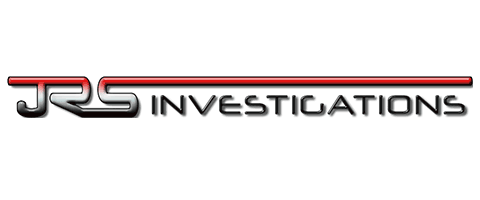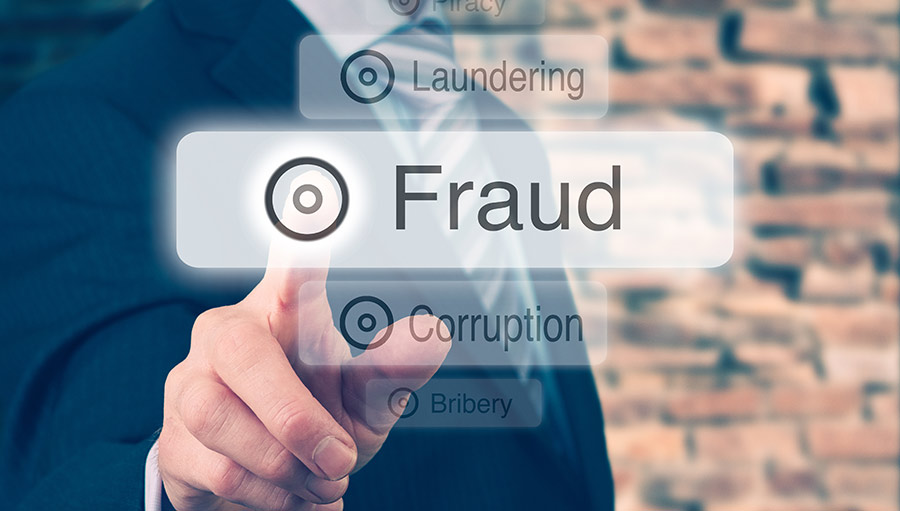(888) 737-7690
Top 10 reasons to hire a private investigator in Montego Bay Jamaica
Here are ten reasons you might consider hiring a private investigator in Montego Bay, Jamaica:
- Suspected infidelity or marital issues: Private investigators are frequently engaged to gather evidence of a spouse’s activities, movements.
- Locating missing persons: If you need to find a long-lost family member, a runaway, or someone who has disappeared for any reason, PIs have the networks and resources to conduct investigations and potentially locate these individuals.
- Background checks: For personal or business dealings, private investigators can conduct comprehensive background checks to verify identity, employment history, criminal records, and more, mitigating potential risks. This is also relevant for pre-employment checks for key positions within businesses.
- Fraud investigations: Whether it’s insurance fraud, corporate misconduct, or financial fraud, private investigators can investigate these situations, gather evidence, and help identify perpetrators.
- Surveillance services: Private investigators are skilled in conducting discreet surveillance for various reasons, including documenting activities for legal cases, monitoring suspicious behavior, or gathering evidence of infidelity.
- Child custody and neglect investigations: In child custody disputes, private investigators can gather evidence related to a parent’s lifestyle, habits, or potentially illegal activities, which can be crucial in court. They can also help investigate cases of suspected child neglect.
- Corporate investigations: Businesses might hire private investigators to investigate employee theft, fraud, embezzlement, corporate espionage, or other forms of workplace misconduct.
- Gathering evidence for legal matters: Private investigators work with legal teams to conduct interviews, gather evidence, and assist in preparing for trial in civil and criminal cases. The evidence they collect can be admissible in court.
- Asset searches: In financial disputes, divorce proceedings, or litigation, private investigators can help uncover hidden assets or financial discrepancies.
- Due diligence: Private investigators can conduct due diligence investigations for business ventures or partnerships, researching the background and reputation of individuals and entities involved.
- Types of fraud investigated:
- Fraud investigations encompass a wide range of types, including:
- Corporate fraud: Involving accounting schemes, falsification of financial information, and self-dealing by executives.
- Bank fraud: Focusing on suspicious activity reports, account takeovers, and fraudulent transactions.
- Insurance fraud: Investigating false or exaggerated claims.
- Cybercrime: Addressing online scams, identity theft, phishing, ransomware, and digital payment fraud.
- Internal fraud: Addressing employee misconduct such as theft, embezzlement, and misuse of company assets.
- Consumer fraud: Addressing deceptive marketing, fraudulent sales practices, and scams targeting consumers.
- Identity theft and fraud: Focusing on the unauthorized use of personal and financial information.
Here’s a breakdown of the main types of surveillance services:
1. Physical surveillance
- This involves direct, often covert, observation of a subject or location, typically conducted by private investigators or law enforcement.
- Techniques include stakeouts, following a subject on foot or by vehicle, and using disguised operatives.
- Physical surveillance is often employed in cases like infidelity investigations, fraud detection, and corporate misconduct inquiries.
2. Technical surveillance
- This involves using electronic tools to monitor and record activity.
- Common tools include:
- CCTV and security cameras: For real-time monitoring and recording in both overt and covert settings.
- GPS trackers: To monitor the movement of vehicles or individuals.
- Audio surveillance: Using listening devices to record conversations, though legal restrictions on audio recording are often stricter than for visual surveillance.
- Technical Surveillance Countermeasures (TSCM): Specialized services that detect and neutralize unauthorized surveillance devices like bugs and hidden cameras, according to the Department of Energy (.gov). These are particularly crucial for maintaining confidentiality in corporate and government environments, says Bastille.net.
3. Digital surveillance
- This type focuses on monitoring and analyzing online activity and digital data.
- It includes tracking digital footprints across websites, social media, emails, and messaging applications to detect suspicious behavior, prevent cybercrimes, or support investigations.
4. Covert surveillance
- This refers to any discreet monitoring without the subject’s knowledge, often using hidden cameras, wiretaps, disguised operatives, or electronic tracking.
- It’s used in situations requiring discreet evidence gathering, such as criminal investigations, fraud detection, or counterterrorism efforts.



